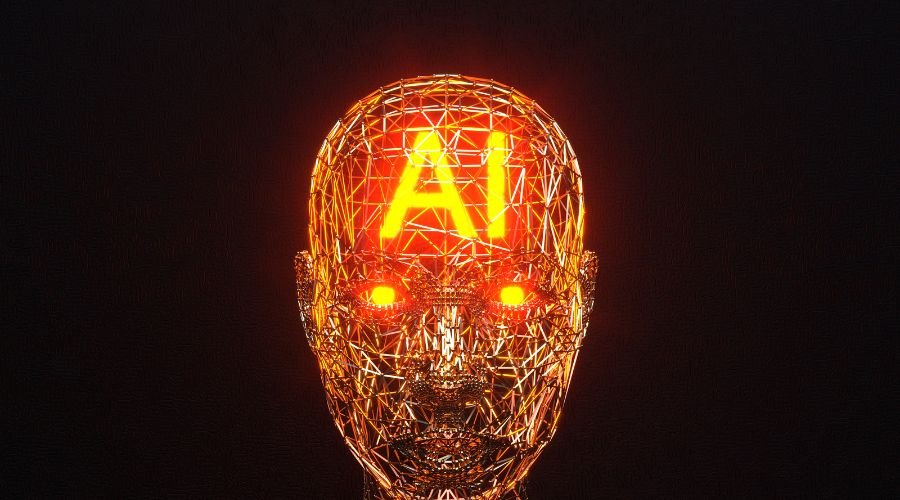In today’s fast-moving world, artificial intelligence is also taking part in new startups. Now, AI for startups in 2025 is no longer a luxury or expensive; it has become a necessity. Even if it is a large company or a small business now using AI in their work to lessen their burden. AI makes their work much easier than before, instead of being repetitive. Positive work, now they can focus on their success. Thanks to user-friendly no-code AI tools, now there is no coding required, just basic knowledge about AI.
Start with Clear Goals and a Simple Use Case:

Before going into AI adoption, the first thing startups should identify is what they are going to work on, where it can make the biggest impact. Focus on everything on small progress, high-value tasks first
- AI customer support: AI chatbots like Zendesk’s Answer Bot can help startups automate up to 70% of common customer inquiries, which helps in reducing workload.
- Personalized Marketing: Platforms such as Jasper and HubSpot’s AI can help to generate social media posts, emails, and ad copy in seconds, which helps in saving time and budget.
- Predictive Analytics: Platforms like Tableau and Google Looker Studio can help forecast customer trends and improve decision-making.
Start small, measure where you need to show progress, and be consistent with your work.
Use No-Code or low-Code Tools:

The biggest challenge for startups is to build a tech team. And worry for a programmer, now this work also gets so easy with the help of AI. That’s where no-code platforms change the scenario.
- Conversational AI: Platforms like ManyChat and Landbot allow businesses to create chatbots for websites or WhatsApp in just minutes.
- AI-Generated Content: Tools like Canva and Synthesis can transform text into graphics and presentations or short videos instantly.
- Smart CRM: AI-enabled systems like Salesforce’s Einstein and HubSpot’s AI can analyze customer data, identify upselling opportunities, and predict churn.
By using these affordable tools, startups can achieve automation and intelligence without hiring developers.
Collaborate with AI-Driven SaaS Partners

If you are not an expert and lack technical expertise, then outsourcing AI is best for you. Implement AI development tools or freelancers for this work. They can help you set up machine learning models, chatbots, or automation systems at a reasonable cost.
However, always make a plan and document important things that you are going to do, and on which sides you need to pay attention. And use tools that are helpful for you, and make sure your startup grows without dependencies. Open APIs from OpenAI, Google Cloud AI, and Microsoft Azure provide much work for the future.
Related read: How to make money with AI in 2025
Emphasize Data Quality, Privacy, and Ethics

Data is the main key to any AI system. Poor and improper planning leads to failure, leads to the wrong direction, and damages your reputation. Startups must prioritize data accuracy, privacy, and the responsible use of AI. If you want to work in fields such as healthcare or finance, it’s even more difficult to deal with privacy standards like GDPR or HIPAA. Always ensure the privacy of customer data, how it is collected, and used.
Measure Results and Build Capability

Once your AI tools are live, always monitor them and note their impact using metrics like time saved, customer satisfaction, or increased sales.
Motivate your employees to develop skills through free resources such as Google AI courses, Coursera, or LinkedIn Learning. A team full of innovation and knowledge about AI will help in the success of a startup.
Future Of AI in Startups

By 2030, experts predict that over 80% of startups will use AI tools in some Form. The thing is clear cause AI is almost helping in every field. Automation and intelligence systems are no longer a dream. They are important for staying competitive. With the right strategy, even small teams can build scalable, data-driven businesses powered by AI for startups in 2025.
Final Thoughts
Integrating AI for startups in 2025 does not require a fully trained engineering team. With code platforms, accessible APIs, and smart planning, your startups can use AI to save time, reduce cost, and deliver exceptional customer experiences.
If you are ready to future-proof your businesses, explore our other guides on AI in business, digital transformation, and startup growth strategies on WhichHub.com











